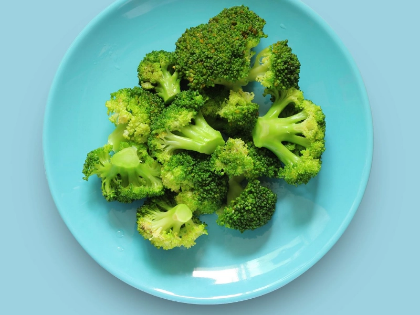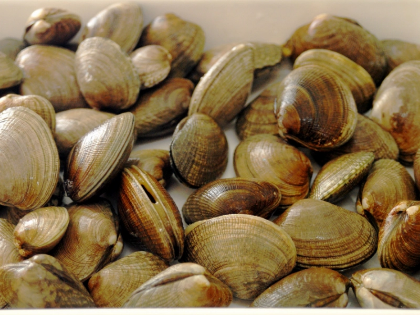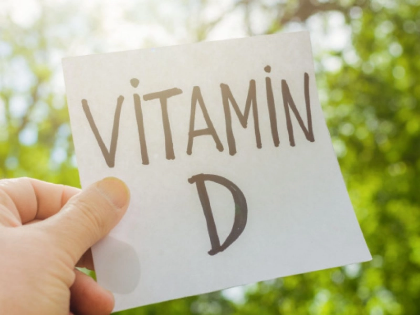How Vitamin C Can Help Reduce the Risk of Cataracts
Advertisement
1. Knowing Cataracts
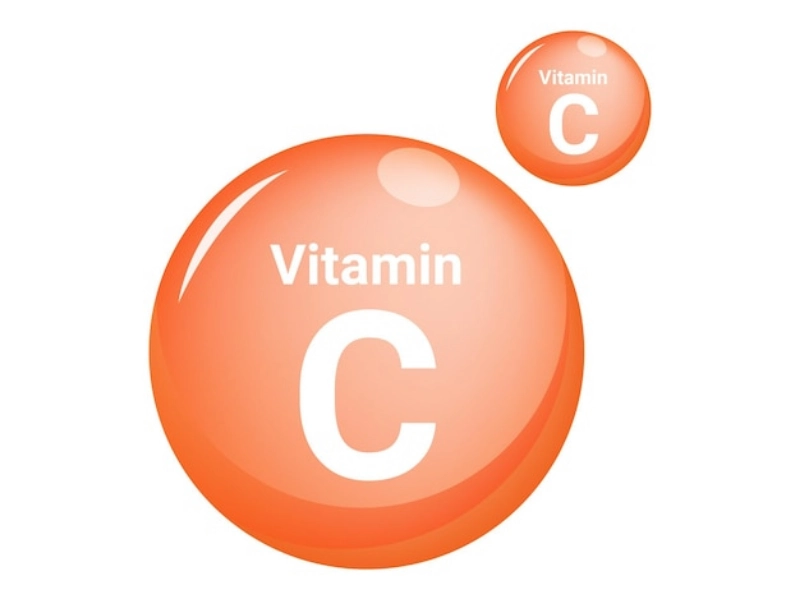
Advertisement
 Strong antioxidant vitamin C, sometimes referred to as ascorbic acid, helps shield cells from free radical-generated damage. These unstable chemicals can aggravate oxidative stress, which is connected to many eye conditions, including cataracts. Vitamin C supports lens and other eye structural integrity by neutralizing free radicals. Clear eyesight and lower risk of cataract development depend on this preventive action.
3. Investigating Link between Cataract Risk and Vitamin C
Strong antioxidant vitamin C, sometimes referred to as ascorbic acid, helps shield cells from free radical-generated damage. These unstable chemicals can aggravate oxidative stress, which is connected to many eye conditions, including cataracts. Vitamin C supports lens and other eye structural integrity by neutralizing free radicals. Clear eyesight and lower risk of cataract development depend on this preventive action.
3. Investigating Link between Cataract Risk and Vitamin C
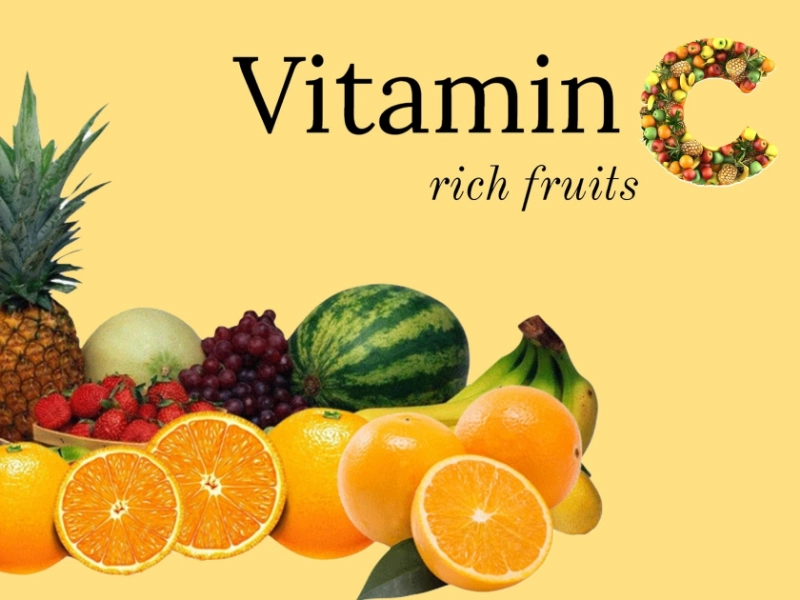 Many researchers have looked at how cataract risk relates to vitamin C intake. Higher dietary vitamin C intake is linked, according to studies, to a reduced incidence of cataracts as compared to lower intake levels. Regular consumers of foods high in vitamin C had a noticeably lower risk of cataract development, according to a noteworthy study written up in the American Journal of Clinical Nutrition. These results stress the need of incorporating vitamin C in the diet as a preventive action against cataracts.
4. Vitamin C Dietary Sources
Many researchers have looked at how cataract risk relates to vitamin C intake. Higher dietary vitamin C intake is linked, according to studies, to a reduced incidence of cataracts as compared to lower intake levels. Regular consumers of foods high in vitamin C had a noticeably lower risk of cataract development, according to a noteworthy study written up in the American Journal of Clinical Nutrition. These results stress the need of incorporating vitamin C in the diet as a preventive action against cataracts.
4. Vitamin C Dietary Sources
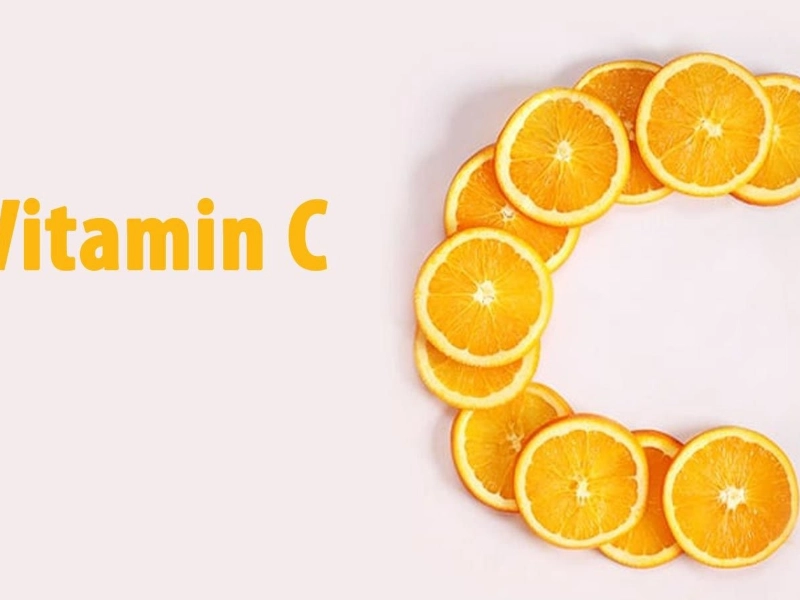 Foods high in vitamin C are really necessary if one wants to maximize their advantages for eye condition. Vitamin C is most famously found in citrus fruits such as grapefruits, lemons, and oranges. Among other great sources are bell peppers, broccoli, spinach, strawberries, and kiwi. Including many of these items in regular meals can guarantee enough consumption of vitamin C. Vitamin C pills are also available for those who might find it difficult to eat enough fruits and vegetables; nonetheless, it's advisable to see a healthcare professional before beginning any kind of supplement.
5. The Combining Power of Nutrients
Foods high in vitamin C are really necessary if one wants to maximize their advantages for eye condition. Vitamin C is most famously found in citrus fruits such as grapefruits, lemons, and oranges. Among other great sources are bell peppers, broccoli, spinach, strawberries, and kiwi. Including many of these items in regular meals can guarantee enough consumption of vitamin C. Vitamin C pills are also available for those who might find it difficult to eat enough fruits and vegetables; nonetheless, it's advisable to see a healthcare professional before beginning any kind of supplement.
5. The Combining Power of Nutrients
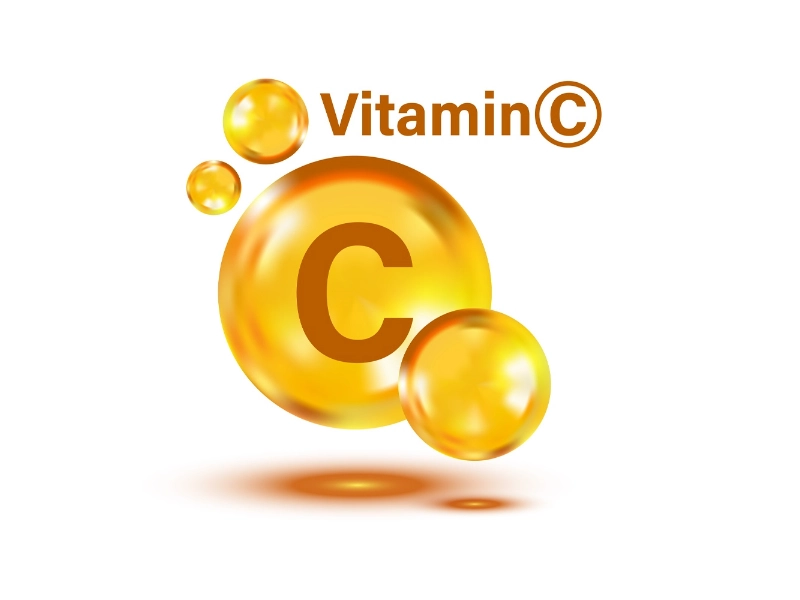 Although lowering cataract risk depends on vitamin C, it functions best in concert with other nutrients. Additionally, very important for preserving eye health are vitamins E and A, as well as minerals like zinc. A diet high in antioxidants—including a range of vibrant fruits and vegetables—can have a combined effect of improving general eye condition. These nutrients taken together help to guard against oxidative stress and inflammation, which are elements driving cataract development.
6. Elements of Lifestyle Affecting Cataract Risk
Although lowering cataract risk depends on vitamin C, it functions best in concert with other nutrients. Additionally, very important for preserving eye health are vitamins E and A, as well as minerals like zinc. A diet high in antioxidants—including a range of vibrant fruits and vegetables—can have a combined effect of improving general eye condition. These nutrients taken together help to guard against oxidative stress and inflammation, which are elements driving cataract development.
6. Elements of Lifestyle Affecting Cataract Risk
 Apart from dietary decisions, various lifestyle elements can affect the cataract risk development. Known risk factors are smoking, too much drinking, and extended UV radiation exposure. Complementing a diet high in vitamin C and other nutrients, a healthy lifestyle including frequent physical activity, UV-protective sunglasses, and avoidance of smoking helps to further lower cataract risk. Long-term eye health can be much improved by changing your way of living.
7. The Value of Consistent Eye Exams
Apart from dietary decisions, various lifestyle elements can affect the cataract risk development. Known risk factors are smoking, too much drinking, and extended UV radiation exposure. Complementing a diet high in vitamin C and other nutrients, a healthy lifestyle including frequent physical activity, UV-protective sunglasses, and avoidance of smoking helps to further lower cataract risk. Long-term eye health can be much improved by changing your way of living.
7. The Value of Consistent Eye Exams
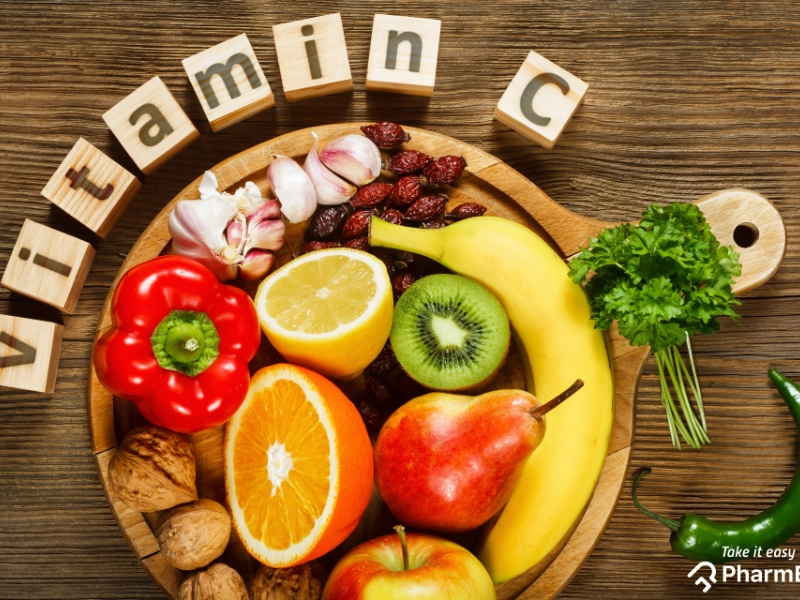 Early cataract and other eye problem care depend on regular eye exams. Monitoring visual changes and evaluating general eye health, eye care experts can offer vital direction on preventative actions. People can talk about their eating patterns and lifestyle choices during these visits, which helps to create individualized suggestions to lower cataract risk. Early intervention can greatly increase results and help one to keep quality of life as one ages.
8. Review of Vitamin C's Function in Preventing Cataracts
Early cataract and other eye problem care depend on regular eye exams. Monitoring visual changes and evaluating general eye health, eye care experts can offer vital direction on preventative actions. People can talk about their eating patterns and lifestyle choices during these visits, which helps to create individualized suggestions to lower cataract risk. Early intervention can greatly increase results and help one to keep quality of life as one ages.
8. Review of Vitamin C's Function in Preventing Cataracts
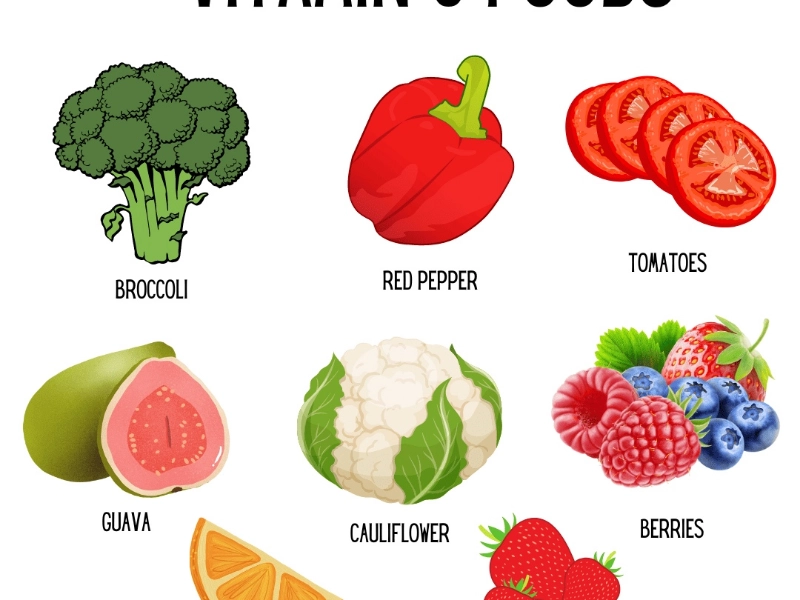 All things considered, vitamin C's antioxidant qualities and preventive action on eye health help to significantly lower the risk of cataracts. Along with other vital components, including vitamin C-rich foods, should help to preserve clear vision and stop the development of cataracts. Combined with a good lifestyle and frequent eye exams, enough vitamin C intake can be a great friend in preserving long-term eye health and lowering the cataract risk as we age.
All things considered, vitamin C's antioxidant qualities and preventive action on eye health help to significantly lower the risk of cataracts. Along with other vital components, including vitamin C-rich foods, should help to preserve clear vision and stop the development of cataracts. Combined with a good lifestyle and frequent eye exams, enough vitamin C intake can be a great friend in preserving long-term eye health and lowering the cataract risk as we age.
Advertisement
Advertisement

